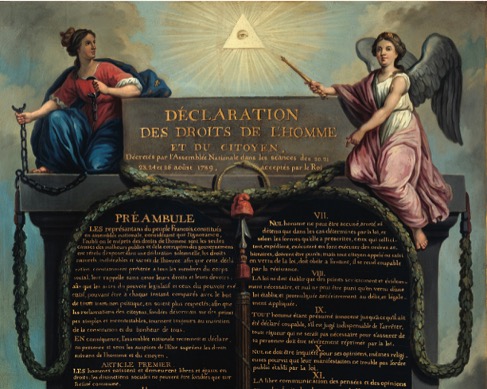Reference




OpenAI's Answer
The concepts of political status and sovereignty are fundamental in determining the rights and freedoms of individuals. Here's how they impact individuals:
-
State Obligations and Human Rights: Sovereignty gives states the authority to make laws within their territory. States are obliged to respect and protect human rights without discrimination, ensuring that individuals within their jurisdiction can exercise their rights. However, the extent to which rights are protected can vary depending on the state's adherence to international norms and the robustness of its legal framework source.
-
Role of Sovereignty: Sovereignty has traditionally provided a stable framework by which states are guided to protect individual rights. However, this can also mean that states control the extent of individual liberties, which may sometimes lead to limitations on rights if a state chooses not to uphold international agreements source.
-
Public Participation and Popular Sovereignty: Popular sovereignty implies that the public has a role in the political process, promoting respect for individual rights. This concept allows citizens to influence laws that affect their liberties, enhancing their freedoms source.
-
Impact of State Sovereignty on Human Rights: Sovereignty can sometimes conflict with international human rights norms. States may prioritize sovereignty over external influences, potentially affecting the implementation of universal human rights within their borders. Some states might assert their sovereignty to limit certain rights, citing cultural or security reasons source.
-
Influence of Political Status: The political status of a state, whether democratic or authoritarian, influences the degree of personal freedoms. In democratic states, sovereignty is often exercised with greater emphasis on individual rights and freedoms through participative governance, whereas non-democratic states might restrict such freedoms to maintain control source.
These images provide further context on political sovereignty:
In essence, while sovereignty enables states to establish and enforce laws, it also creates a dynamic where individual rights can be directly influenced by the state's political stance and legal commitments.
Follow Up
Related
Which nation ranked second in the medal table of the 1985 Championships?
What is Kazakhstan's stance on human rights and freedom of speech?
What role do loyalty oaths play in balancing security and freedom of expression?
How does Polkinghorne link human freedom to randomness in the quantum world?
